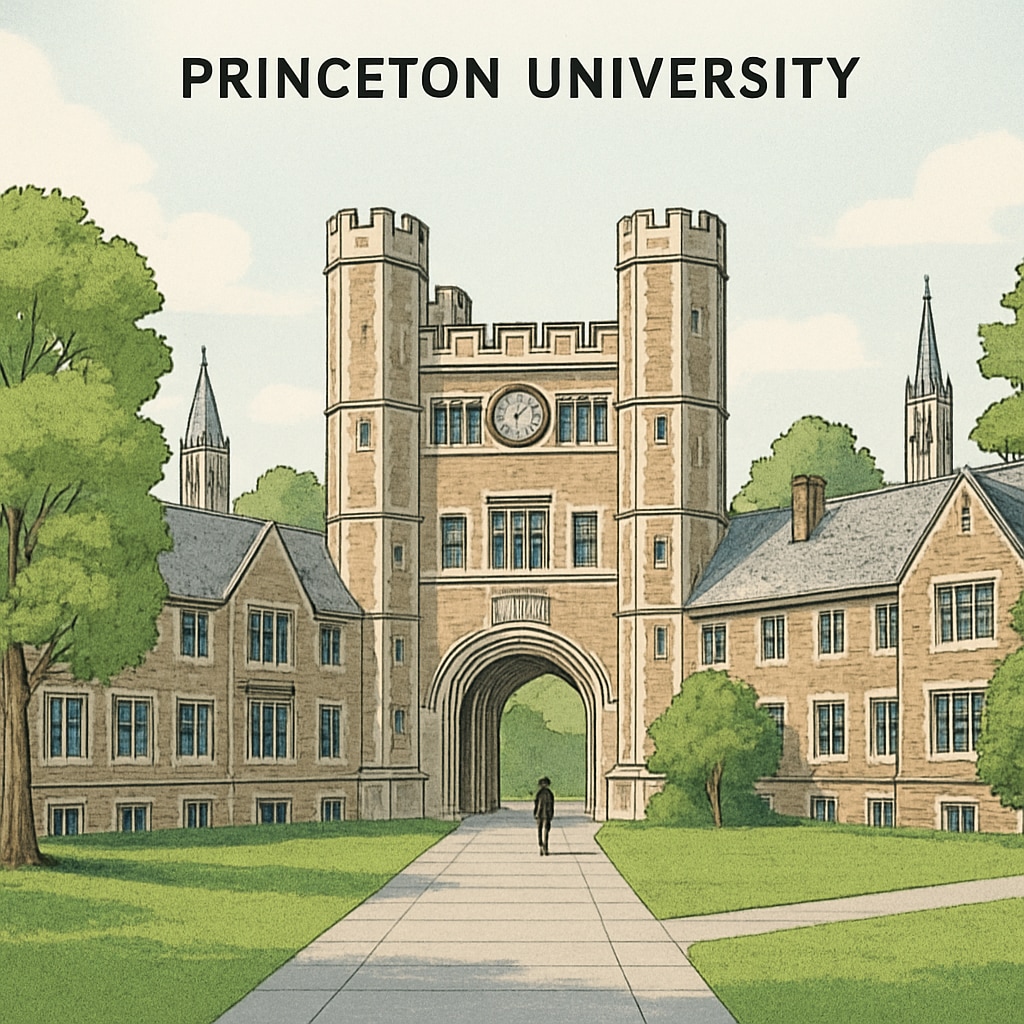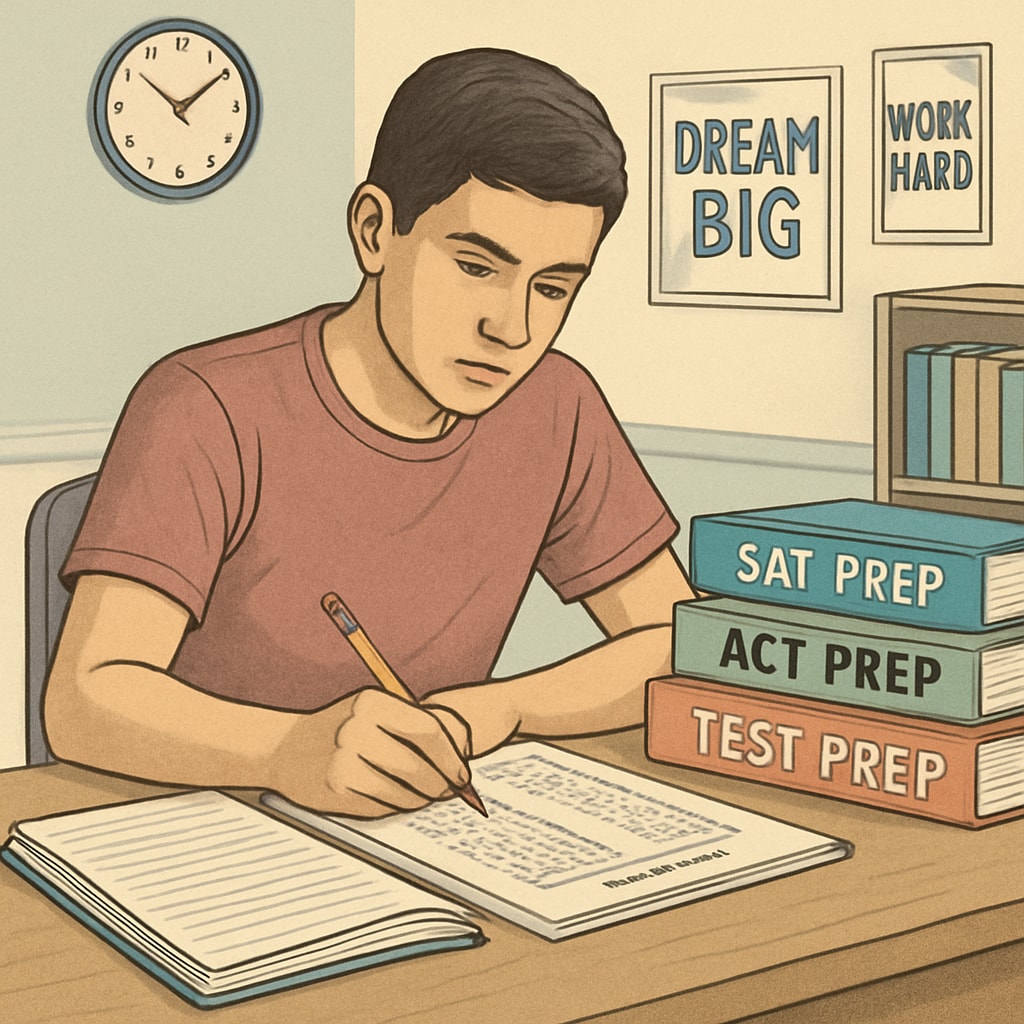The widespread admiration for Princeton and other Ivy League institutions often fuels a belief in their unparalleled excellence. However, are these elite colleges truly worth the hype? The phenomenon of overestimating Ivy League schools has sparked debates about the gap between their perceived reputation and actual educational value. Moreover, this “elite college worship” can have adverse effects on K-12 students, shaping unrealistic goals and adding unnecessary pressure at a formative stage.

Princeton and the Ivy League Reputation: A Closer Look
Princeton, one of the most prestigious members of the Ivy League, is often seen as a beacon of academic excellence and success. Its reputation stems from historical significance, notable alumni, and consistent placement at the top of global rankings. However, critics argue that this admiration might overshadow critical questions regarding actual educational outcomes and student satisfaction.
For example, while Ivy League institutions like Princeton boast high graduation rates and access to influential networks, studies show that these advantages may not be exclusive to elite schools. Many public universities and non-Ivy colleges provide comparable opportunities to students, particularly in fields like STEM (Science, Technology, Engineering, and Mathematics) and business. A deeper exploration of Ivy League history on Britannica reveals that much of their prestige is rooted in tradition rather than unique educational methodologies.
The Impact on K-12 Students: Aspirations and Pressure
The glorification of Ivy League colleges can inadvertently shape the educational landscape for younger students. K-12 education often becomes a stepping stone for elite college applications, leading to an overemphasis on standardized testing, extracurricular achievements, and resume-building at the expense of genuine learning.
For example, aspiring Ivy League applicants frequently sacrifice creative and holistic development in favor of meeting rigid admissions criteria. Additionally, the pressure to attend schools like Princeton can contribute to mental health challenges among high school students, including anxiety and burnout. A detailed report from Wikipedia on U.S. college admissions highlights how competitive processes amplify stress among young learners.

Are Ivy League Schools Truly Overestimated?
While Ivy League institutions undeniably offer resources and prestige, the question remains: are they inherently superior to other colleges? Critics argue that their reputation often overshadows other schools that may provide equally valuable education at a lower cost. Factors such as faculty engagement, campus diversity, and innovative teaching methods are not exclusive to elite colleges and can be found in universities worldwide.
Furthermore, the societal obsession with Ivy League admissions perpetuates inequality. Wealthier families often have better access to resources like private tutoring and legacy admissions, creating barriers for talented students from underprivileged backgrounds. This raises concerns about whether the Ivy League’s reputation is built on merit or exclusivity.
As a result, it is crucial to encourage students and families to evaluate colleges based on individual needs rather than societal prestige. Education should be a journey tailored to personal goals, not a race to achieve perceived status.
Conclusion: Rethinking the Ivy League Mystique
Princeton and other Ivy League schools undeniably hold a special place in the realm of higher education. However, their reputation may not always align with the tangible benefits they offer to students. By critically assessing the overestimation of elite colleges, we can shift the focus from societal prestige to meaningful educational experiences.
For K-12 students, the conversation surrounding Ivy League schools should be reframed to emphasize personal growth, intellectual curiosity, and diverse opportunities. Education is not defined solely by the name of the institution but by the journey and impact it creates for each individual.


